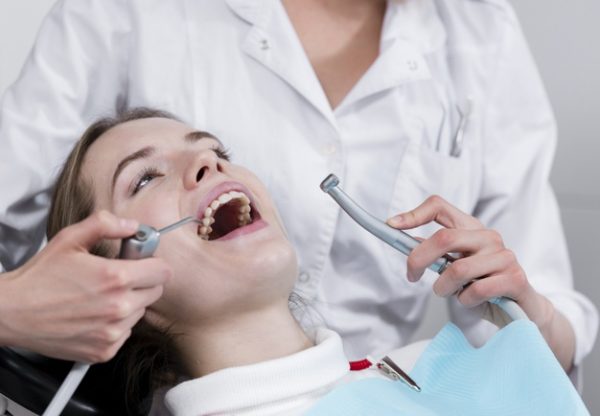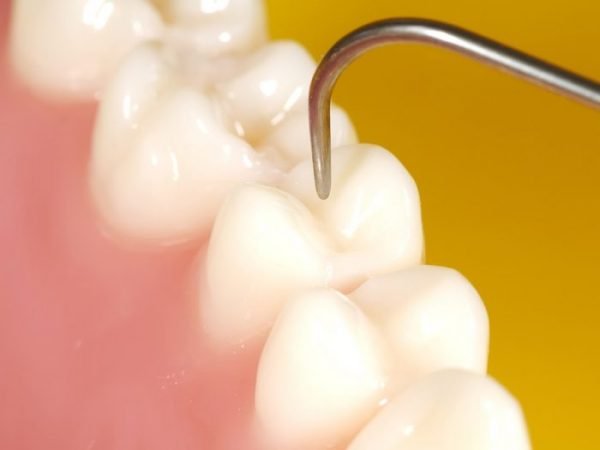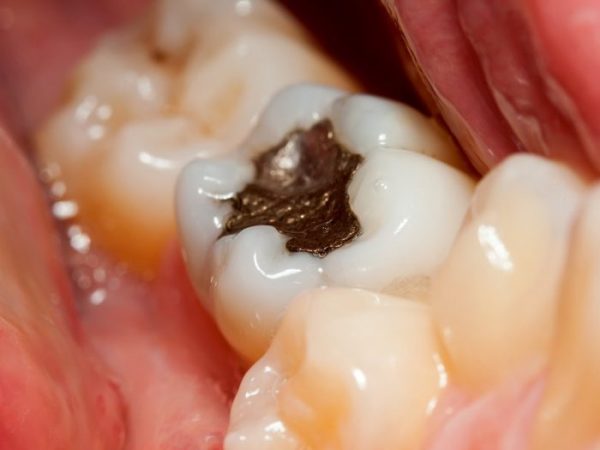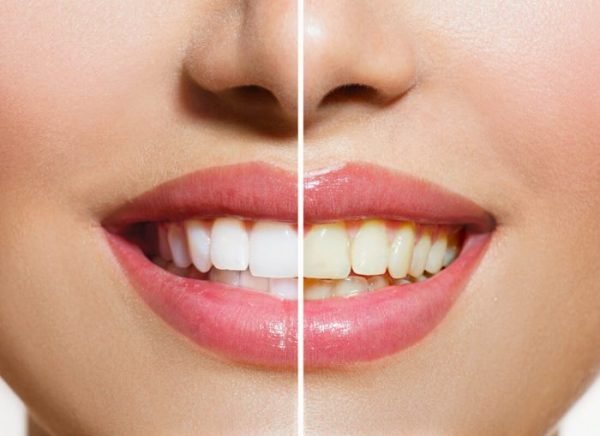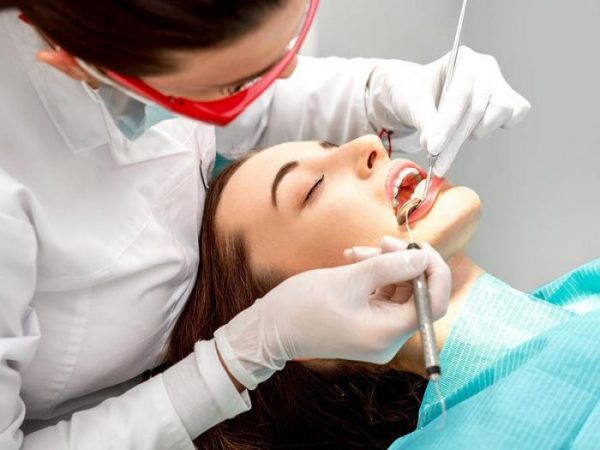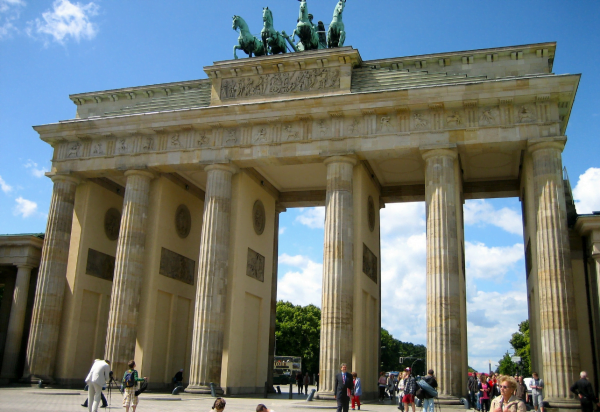ABOUT TOOTH EXTRACTION
A tooth extraction is usually done with an injection of local anesthetic. This numbs the area around the tooth, so that the tooth can be pulled out. Nowadays, dentists will only remove a tooth as a last resort, if it severely decayed and cannot be saved with root canal, if it is causing overcrowding in the mouth, or if it has been damaged due to injury.
Recommended for
- Severely decayed or infected tooth
- Overcrowding
- To fit a prosthesis such as dentures
TIME REQUIREMENTS
- Average length of stay abroad: 1 – 2 days.
Some patients allow a few days before travel in case of pain or difficulty speaking. This may be recommended for patients having several teeth removed.

COMPARE TOOTH EXTRACTION PRICES AROUND THE WORLD
| Country | Cost |
|---|---|
| United Kingdom | 162€ |
| Costa Rica | 45€ |
| Croatia | 40€ |
| Spain | 40€ |
| Mexico | 36€ |
| Hungary | 30€ |
| Poland | 21€ |
| Thailand | 9€ |
HOW TO FIND QUALITY TREATMENT ABROAD
BEFORE TOOTH EXTRACTION ABROAD
Before the procedure, the area around the tooth is numbed with local anesthetic.
HOW IS IT PERFORMED
In most cases, the dentist will simply remove the tooth with forceps once the anesthetic have been administered. In cases where the tooth is impacted, it may be necessary to cut into the gum to expose enough of the tooth to remove it.
Anesthesia
Local anesthetic.
Procedure duration
The Tooth Extraction takes 30 to 90 minutes.
A simple tooth extraction can take 30 minutes, but more complicated extractions (surgical extractions) may take longer.

WHAT TO EXPECT AFTER TOOTH EXTRACTION
Post procedure care
After the procedure, the dentist may prescribe antibiotics and patients should rest. If the extraction site bleeds, it is advised to bite down on clean cotton.
It is good to allow a blood clot to form over the extraction site, as it will aid healing. Patients should avoid smoking and eating very hot or cold foods, as well as avoiding eating on the side of the mouth where the tooth was extracted, as food may get into the wound and cause bleeding or infection. Ask the dentist about suitable painkillers as some medications such as aspirin, can thin the blood and cause bleeding.
If the blood clot becomes loose and exposes the bone underneath it, it can cause a painful condition called dry socket. Should this occur, a dentist will place an anesthetic cover on the area until it properly heals.
Possible discomfort
There is some minor discomfort associated with tooth extraction, although this should pass quickly. Soreness in the area should pass within a day or 2.
IMPORTANT THINGS TO KNOW ABOUT TOOTH EXTRACTION
Not recommended for
- Teeth that can be saved with other methods such as root canal treatment
Potential risks
- Bleeding
- Infection
- Swelling
- Jaw bone damage
- Nerve injury
- Dry socket
- Sinus exposure (when removing upper teeth)
FREQUENTLY ASKED QUESTIONS
During the procedure, the dentist will use a local anesthetic to numb the area.There will be some soreness and tenderness in the area after the tooth is extracted. There may be some minor pain up to one week afterward that should be easily controlled with an over-the-counter pain reliever.
You should rest for about 12 to 24 hours after the procedure to allow the area to heal. For the first night following the extraction you should sleep with your head elevated. It is also recommended you avoid heavy lifting for 2-3 days.
There will be some bleeding for the first day or 2 and the dentist should give you some gauze to take home with you. They will show you how to change the dressing and tell you how often to change it, usually every 30 minutes. It is important that a proper blood clot forms in the area to allow it to heal. Once it forms it is important not to dislodge it.
Your dentist will also tell you how to prevent dry socket, a potential complication from tooth extraction that can cause irritation. Avoid sucking on straws, spitting, blowing your nose, smoking, or rinsing for at least 24 hours after surgery.
There may be some swelling near where the tooth is pulled, but after this goes down there should be no visible difference.
Extracting the tooth is a last resort for dentists. Natural teeth are better than even the most advanced dental implants and the dentist will do everything they can to save the tooth. However, a tooth extraction is necessary if there is advanced disease and decay that a periodontist cannot treat or if there is significant damage that cannot be repaired. Wisdom teeth that emerge impacted must also be removed.
Your surgeon may place a cast on your nose after the procedure. This will probably be in place for about one week and will also help reduce swelling.
